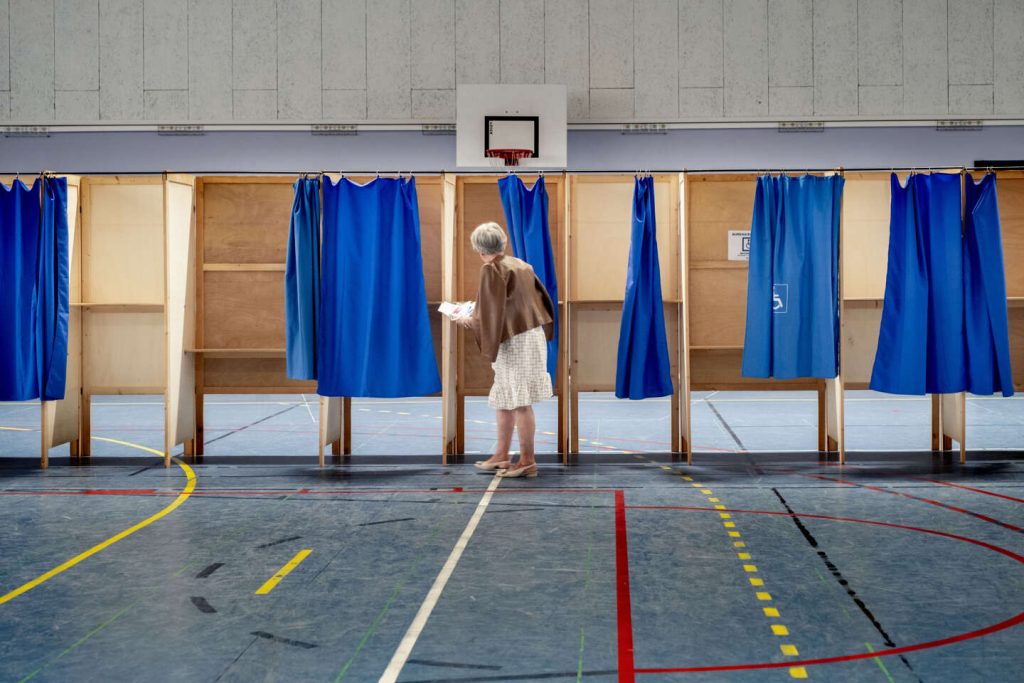Michel Barnier’s expressed desire to finally implement a change in the legislative electoral system to move towards a proportional representation, as stated in his general policy declaration on October 1st at the National Assembly, should not turn this issue into a fleeting news topic or allow it to be seen as a trendy debate. This question has actually always been at the heart of constitutional and political concerns since the second half of the 19th century and the advent of universal suffrage. The debate seemingly calmed down starting in 1958 because the nascent Fifth Republic, established from 1962, gave the impression that the two-round majority uninominal electoral system it introduced – actually taken from the Third Republic, which only had a brief and incomplete proportional parenthesis between 1919 and 1927 – was essential for the stability it provided.
This impression is both accurate and misleading. Accurate, because the two-round majority uninominal system accompanied the “majoritarian presidentialism”, where the president elected by universal suffrage governs through a subordinate prime minister and with the prior and lasting support of disciplined deputies elected more on his name than their own. Misleading, because the political stability offered by the majority system came at a high cost and turned out to be a deception: it masked the growing disagreement between the electorate and the policies conducted over the past forty years, seen as interchangeable and beyond the reach of any parliamentary or electoral sanctions, ultimately leading to protests like the 2005 referendum and, fifteen years later, the violent “yellow vests” movement.
The illusion that the majority of deputies in the National Assembly were as “absolute” as the electorate itself was shattered as the gap between voters and representatives continued to widen. The illusion of electing the president of the Republic by universal suffrage, a sort of black hole in the political debate, eventually failed to produce the expected effects: voters now reject the parliamentary candidates imposed on them during the presidential election runoff. This growing disconnect between voters and the people’s representatives has led to calls for a shift towards a proportional representation system, which would better reflect the diversity of political opinions within the electorate.
The current system, dominated by a majoritarian presidentialism and a two-round uninominal electoral system, has led to a perceived lack of accountability and representation for voters, fueling frustration and disillusionment with the political establishment. The push for proportional representation is seen not just as an alternative to the current system, but as a necessary step towards revitalizing democracy and restoring the trust of the electorate in their political representatives. While the debate over electoral reform is not new, the renewed calls for proportional representation highlight the urgent need for a more inclusive and representative political system in France. Proponents argue that changing the electoral system will not only enhance political participation and representation but also foster a more diverse and dynamic political landscape, ultimately leading to a more responsive and accountable government.


